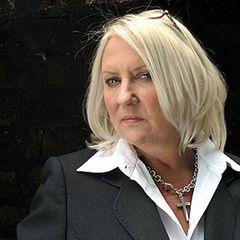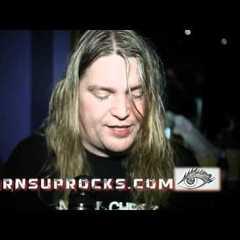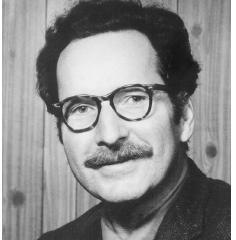Wise Quotes - Page 161
Winston Churchill (1986). “The Gathering Storm”, p.181, Houghton Mifflin Harcourt
Sir Winston Churchill (1993). “The Churchill War Papers: The Ever-Widening War 1941”, William Heinemann
William Wordsworth (1847). “The Poems of William Wordsworth”, p.236
William Wordsworth (1847). “The Poems of William Wordsworth”, p.316
William Wordsworth (1847). “The Poems of William Wordsworth”, p.116
William Watson (1936). “The Poems of Sir William Watson: 1878-1935”
If she be fair and wise, fairness and wit, The one's for use, the other useth it.
William Shakespeare (2014). “Othello: Third Series”, p.171, Bloomsbury Publishing
Holy, fair, and wise is she; The heaven such grace did lend her, That she might admired be.
'The Two Gentlemen Of Verona' (1592-3) act 4, sc. 2, l. 40
William Shakespeare (1998). “Twelfth Night, Or, What You Will”, p.156, Oxford University Press, USA
Wise men ne'er sit and wail their woes, but presently prevent the ways to wail.
William Shakespeare (1858). “The Plays of Shakespeare”, p.471
William Shakespeare (1823). “The Dramatic Works of William Shakspeare: From the Text of Johnson, Stevens, and Reed; with Glossarial Notes, His Life, and a Critique on His Genius & Writings”, p.125
William Shakespeare, George Steevens, Edmond Malone, Charles Symmons, Charles Whittingham (1830). “Dramatic Works of William Shakespeare”, p.125
William Shakespeare, William C. Carroll (2004). “The Two Gentlemen of Verona: Third Series”, p.140, Cengage Learning EMEA
'Troilus And Cressida' (1602) act 3, sc. 2, l. [163]
William Shakespeare, Edmond Malone, James Boswell, Samuel Johnson, Alexander Pope (1821). “Plays and Poems of William Shakespeare”, p.49
William Shakespeare (2013). “Much Ado About Nothing Simplified!: Includes Study Guide, Biography, and Modern Retelling”, p.263, BookCaps Study Guides
'Richard II' (1595) act 1, sc. 3, l. 275
William Shakespeare, David Bevington (2005). “Antony and Cleopatra”, p.120, Cambridge University Press
The Foole doth thinke he is wise, but the wiseman knowes himselfe to be a Foole.
1599-1600 Touchstone toWilliam. AsYou Like It, act 5, sc.1, l.29-31.
William Shakespeare (2013). “Histories of Shakespeare in Plain and Simple English (a Modern Translation and the Original Version)”, p.348, BookCaps Study Guides







